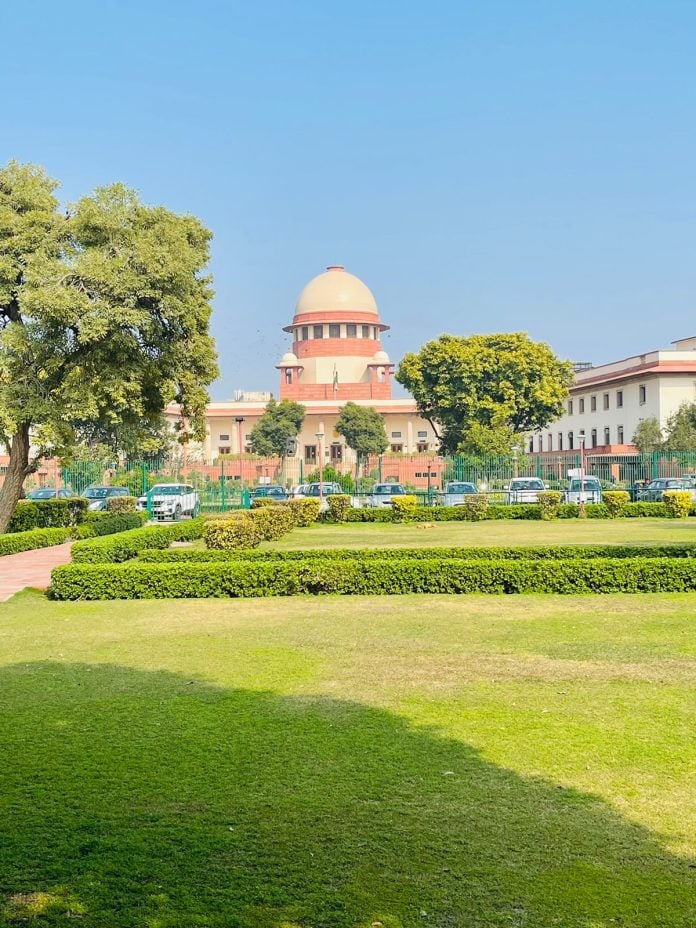The Supreme Court disposed of a public interest litigation on Friday that sought inclusion of chapters on history, geography, demography, heritage and culture of North-East India in school curriculum of the country, stating that the subject fell in the domain of the Executive and Parliament.
While observing that every ill in the society did not merit court intervention, the Bench of Chief Justice of India D.Y. Chandrachud and Justice P.S. Narasimha rejected the plea filed by one Jyoti Zongluju, which further sought amendment in the provisions of the Indian Penal Code to prevent racial discrimination against persons belonging to the North-Eastern regions of the country.
The Apex Court noted that inclusion or deletion of chapters in school curriculum fell under the domain of Educational Policy.
Stating that he had very strong views about people suggesting that children should be taught about environment and other such stuff, the CJI said that in his view, children should be taught as little as possible and stress should be laid on opening up their minds. Instead, they were only being given an information overload, he added.
Regarding racial discrimination, the Bench directed the petitioner to approach the Police and said that if a video from YouTbe violated the laws, then Police would certainly take it down.
The petition had also sought directions to the video sharing platform to ban or suspend accounts of users engaging in racial discrimination against those belonging to the North-East India.
The CJI-led Bench observed that framing a law on this issue was a matter of statutory discretion of Parliament. It further said that a writ of Mandamus cannot be issued to the law-making authority on such issues.
The Counsel appearing for the petitioner further contended that Justice J.S. Verma committee had recommended amendments under Sections 153 and 509A of IPC. It alleged that despite getting approval from Parliament, nothing had been done on that front.
He alleged that people from North-East suffered racial discrimination during the Covid-19 pandemic and some were even thrown out of their houses.
The Supreme Court, while dismissing the writ petition, told the petitioner to approach appropriate authorities for relief in the matter.
(Case title: Jyoti Zongluju vs UoI And Ors)


